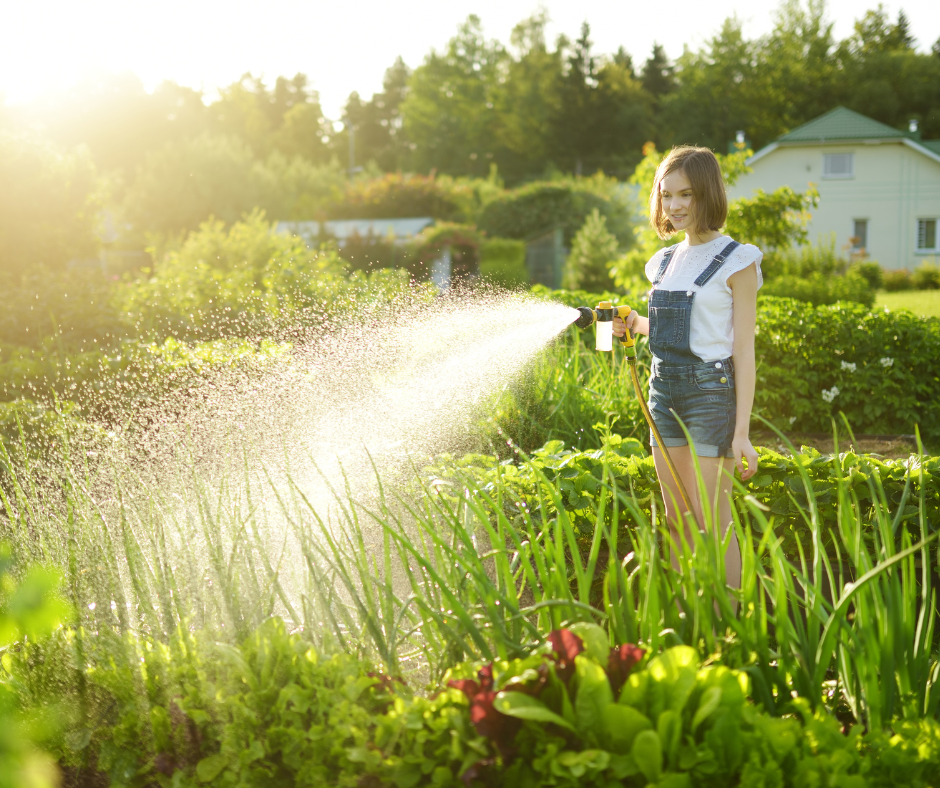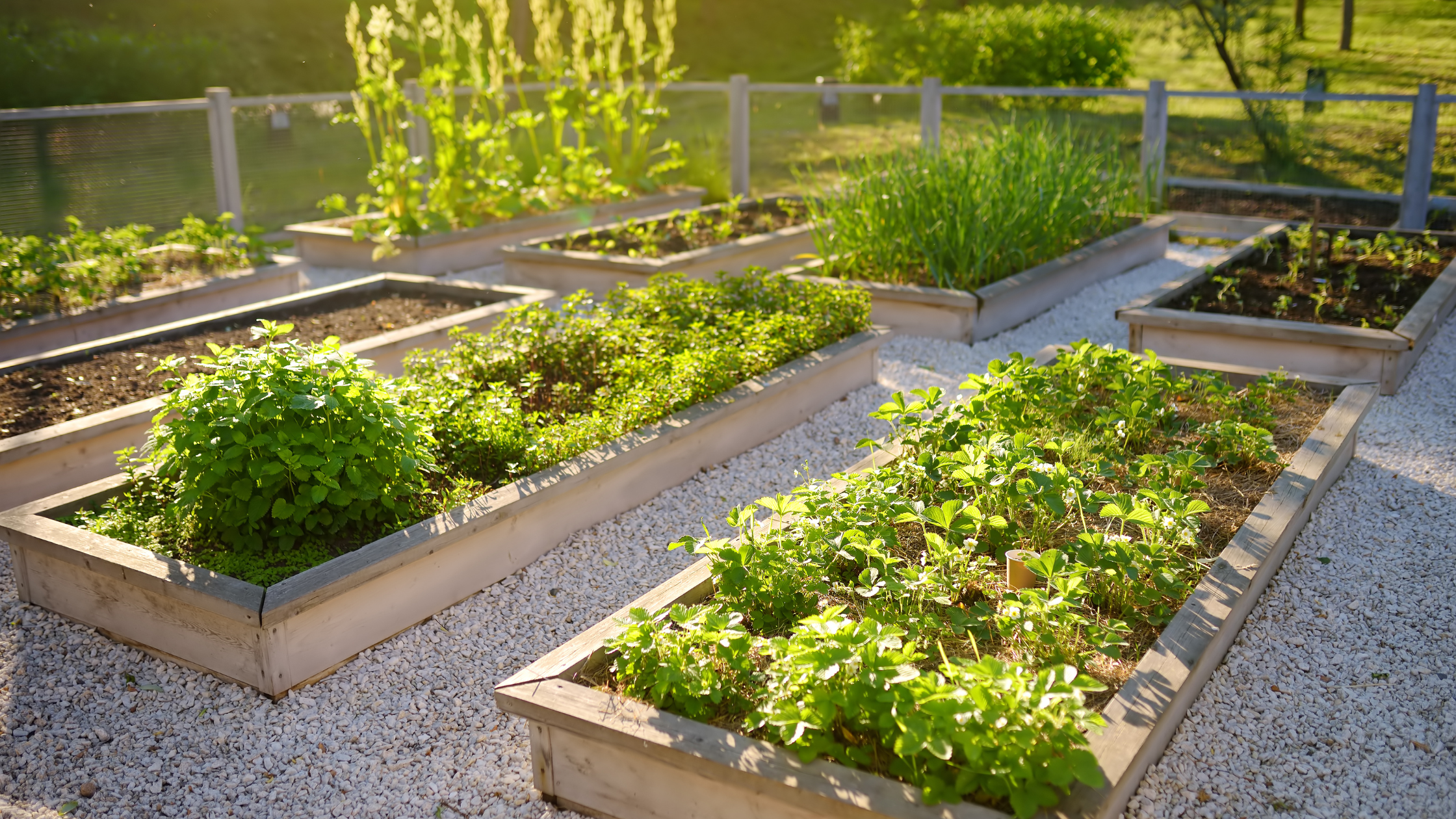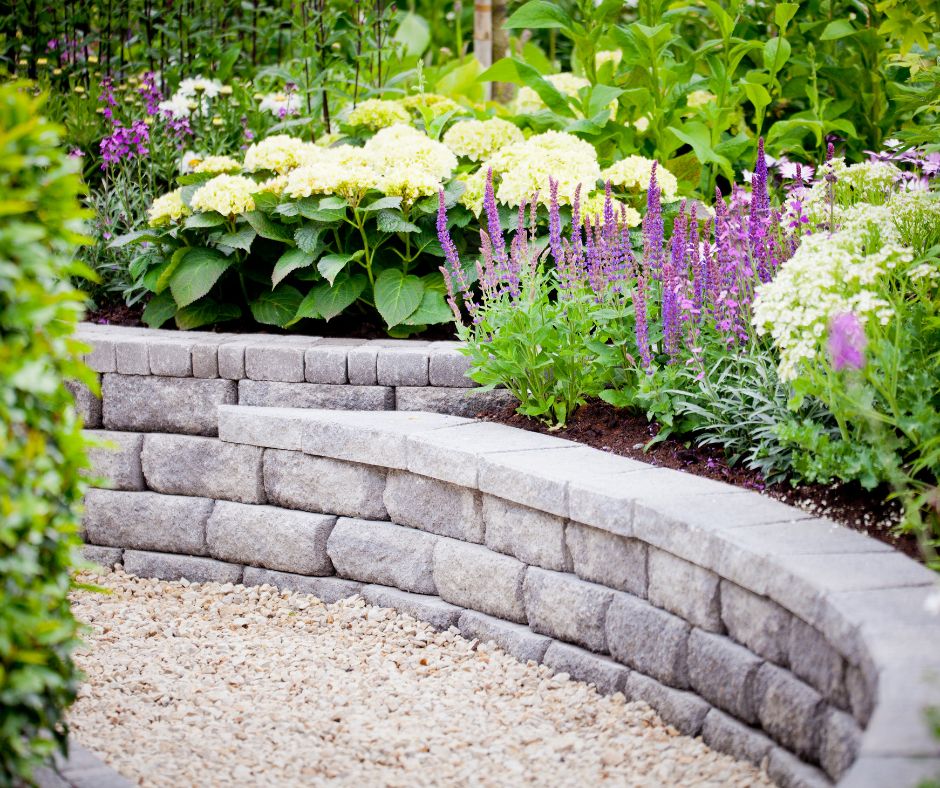Gardening during the hot summer months can be a challenge, but with the right strategies, you can keep your plants healthy and thriving. Here are some essential tips to help you maintain your garden when the temperatures soar.
1. Watering Wisely
Early Morning or Late Evening: Water your plants during the early morning or late evening when temperatures are cooler. This reduces water evaporation and ensures your plants have a chance to absorb the moisture.
Deep Watering: Instead of frequent, shallow watering, opt for deep watering. This encourages roots to grow deeper into the soil, making plants more drought-resistant.
Mulching: Apply a thick layer of mulch around your plants. Mulch helps retain soil moisture, keeps the roots cool, and reduces weed growth.

2. Shade and Protection
Temporary Shade: Use shade cloths, umbrellas, or even old bedsheets to provide temporary shade for your plants during the hottest parts of the day. This is especially important for young plants and those that are particularly sensitive to heat.
Plant Placement: If possible, move potted plants to shadier spots. Group plants with similar water and shade needs together to create micro-environments that can help protect them from extreme heat.
3. Soil Care
Organic Matter: Improve your soil with organic matter such as compost. This increases the soil's ability to retain moisture and provides essential nutrients to your plants.
Soil Cover: Keep the soil covered with mulch or cover crops to protect it from direct sunlight, which can cause the soil to dry out and become compacted.

4. Plant Selection
Heat-Tolerant Varieties: Choose plants that are known to be heat-tolerant. Native plants are usually a good bet as they are adapted to the local climate.
5. Pest and Disease Management
Regular Monitoring: Hot weather can stress plants, making them more susceptible to pests and diseases. Regularly check your plants for any signs of trouble and address issues promptly.
Natural Predators: Encourage beneficial insects, like ladybugs and predatory beetles, that help control pest populations.
6. Fertilizing
Light Feeding: Avoid heavy fertilizing during extreme heat. Too much fertilizer can burn plants and stress them further. Instead, opt for light, frequent feedings with organic fertilizers.

7. Conserving Water
Drip Irrigation: Install a drip irrigation system to deliver water directly to the plant roots, reducing water waste and ensuring efficient use.
8. Mindful Pruning
Avoid heavy pruning during hot weather. Plants need their leaves for photosynthesis and to provide shade for their stems and roots.
Conclusion
Gardening in hot weather requires some extra care and attention, but with these tips, you can create a resilient and thriving garden even during the peak of summer. Stay hydrated, protect yourself from the sun, and enjoy the rewards of your hard work as you nurture your plants through the heat.
Happy gardening!




